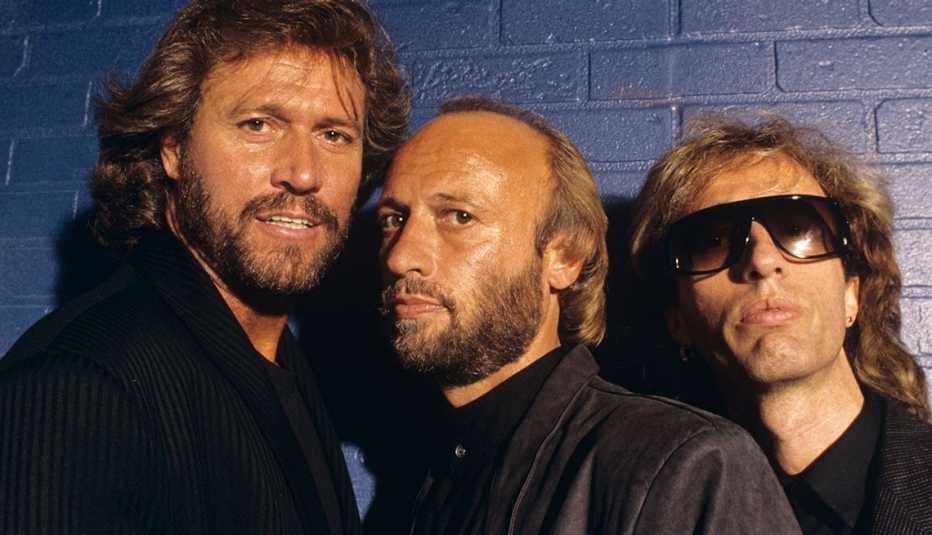
About the song
Bee Gees. A name synonymous with soaring falsettos, disco swagger, and unforgettable melodies. But before they took the world by storm with night fever and stadium-filling anthems, there was a different kind of Bee Gees. A band still finding their voice, experimenting with sounds and themes that would later become their trademarks.
---> Scroll down for the VIDEO
This brings us to “You’ll Never See My Face Again”, a track nestled within the 1969 album Odessa. Released at a pivotal point in their career, Odessa showcased the Gibb brothers’ artistic evolution. While the psychedelic rock and pop sensibilities of the era are present, “You’ll Never See My Face Again” hints at a newfound maturity in their songwriting.
The song itself is a potent cocktail of emotions. It’s a declaration of independence fueled by heartbreak. The opening lines, “Every single word has been spoken. It’s much too late to change your ways.”, paint a picture of a relationship at its breaking point. The hurt is palpable, the decision made.
---> Scroll down for the VIDEO
Yet, beneath the anger and resolve lies a flicker of vulnerability. “I wish that everything was colored white. I wish that I could be a rover.” These lines hint at a yearning for simplicity, a desire to escape the pain and start anew. The repetition of the title, “You’ll never see my face again”, acts as both a defiant statement and a melancholic farewell.
Musically, “You’ll Never See My Face Again” showcases the band’s signature vocal harmonies. The brothers Gibb weave their voices together, creating a tapestry of raw emotion. The instrumentation is stripped down, with a focus on melancholic piano chords and a driving drumbeat that underlines the urgency of the lyrics.
This is not the disco-fueled Bee Gees most readily associated with. “You’ll Never See My Face Again” is a song born from a different era, a rawer and more introspective side of the band. It’s a testament to their versatility and a glimpse into the artistic foundation that would later propel them to superstardom.
So, put on your headphones, crank up the volume, and prepare to be transported back to a time when the Bee Gees were still crafting their sound, a sound that would soon change the face of pop music forever.